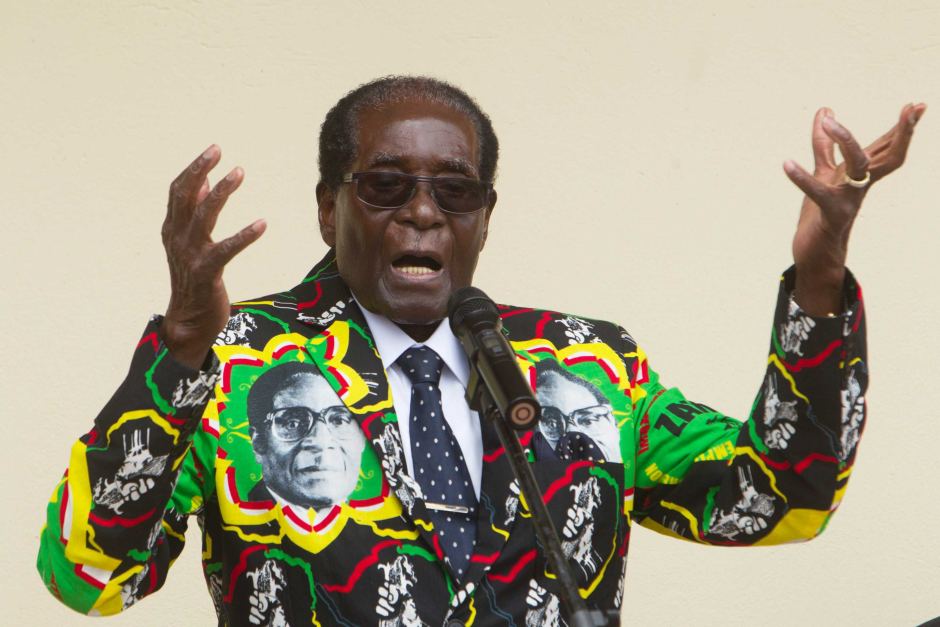Afia Ambreen
The Mumbai terror attacks were claimed by India to be its 9/11. For more than 66 hours, 10 highly trained militants played havoc in India’s commercial metropolis, spraying bullets and shedding the blood of civilians and tourists in November 2008, bringing the two nuclear neighbours to the brink of an all-out war. Relations between India and Pakistan have been bad ever since both countries attained independence in August 1947. Disputes over territory, division of common assets of the colonial state, forced transfer of minorities in some border provinces and other related issues constitute a case of clashing nationalisms. Three wars and a dangerous showdown in the hills of Kargil in Kashmir in May 1999 that nearly drove both sides to a nuclear confrontation are indicative of the explosive nature of the rivalry between these two major South Asian states. In the wake of the 13 December 2001 terrorist attacks on the Indian Parliament, their armies were amassed in hundreds of thousands along the border. In both these cases, international troubleshooting played a major role in defusing the explosive situation. Hindu extremist groups were involved in terrorism, most notoriously in the attack on the Samjhauta Express travelling from New Delhi to Lahore on 18 February 2007.
Ironically, it has been termed India’s “9/11“. But contrary to popular belief, it was not the ‘deadliest’ attacks on the Indian soil. In Mumbai itself, the 2006 Train bombings killed 209 innocents. Since its formation, India has been a victim to numerous terrorist attacks. Since 2010, India has lost 1,120 innocent lives in 60 ‘Islamic’ terrorist attacks. The national institute of counter terrorism of United States of America has calculated that between January of 2004 and March of 2007, the death toll in India from all terrorist attacks has been 3,674, second only to Iraq in that same period.
The Mumbai case is quite unique: one incident with two jurisdictions and two trials. While the Indians managed to nab Ajmal Kasab and were able to obtain his confession to close the trial, proving conspiracy in a different jurisdiction is more complex and requires a far superior quality of evidence. Therefore, the legal experts from both sides need to sit together rather than sulk and point fingers. However, the 26/11 terror attacks threw up many controversies. Some were forgotten with the passing of time. But even after a year, the death of anti-terrorism squad (ATS) chief Hemant Karkare continues to raise questions. Karkare, additional commissioner of police Ashok Kamte, and encounter specialist Vijay Salaskar were killed on the night of 26/11 when two of the terrorists, Abu Ismail and Ajmal Amir Kasab, opened fire on the vehicle in which they were travelling. “I still do not have the answers to several of my questions,” said Kavita Karkare, the ATS chief’s widow. “I would like to know why it took 40 minutes for help to reach the injured officers in Rang Bhavan Lane despite it being so close to the police headquarters.”
More questions follow. Why was Karkare the only senior police officer to go to the spot? Why were ‘substandard’ bullet-proof jackets supplied to the police? Why was no investigation ordered to find out who was responsible for this? How did the jacket worn by Karkare go missing? “The questions are endless, but there have been no answers,” Kavita said. A few days after the attack, AR Antulay, who was then the Union minority affairs minister, said in Parliament: “He [Karkare] was making an independent investigation in which he found non-Muslim terrorists involved. Whether he was just a victim of terror or something [else], I do not know. I knew him personally. I salute him.” Antulay’s statement triggered a row because just before 26/11, Karkare and his team had busted a Hindu fundamentalist group for allegedly planning and executing the Malegaon bomb blast of September 29, 2008.
The Mumbai mayhem on 26 November 2008 proved to be sunset of the indo-Pak peace dialogues. India postponed all the secretary levels talks on trade, Siachen and Sir Creek. It also canceled the cricket tour of Pakistan, the meeting of Indian Pakistan Joint Commission on Environment and tensed the visa issuance process for the Pakistani nationals. India opened all the option and highlighted its war alertness to encounter terrorism and concentrated to influence the international community against the Pakistani extremism. Pakistan responded with the same preparedness, the Pakistani military and Political authorities made it clear that they ready to face the war consequence in order to defend their country.
It is of particular attention that on July 19, 2013, the Indian former home ministry and ex-investigating officer Satish Verma disclosed that terror attacks in Mumbai in November 26, 2008 and assault on Indian Parliament in January 12, 2001 were carried out by the Indian government to strengthen anti-terrorism laws. It has clearly proved that Indian secret agencies; particularly RAW arranged coordinated terror attacks in Mumbai and orchestrated that drama only to defame Pakistan in the world, but also to fulfill a number of other sinister aims. Nevertheless, all these terror attacks were planned by Indian security agencies to distort image of Pakistan and its primary intelligence agency, ISI, linking it with the banned group Lashkar-e-Taiba. In these terms, coordinated terror assaults of November 26, 2008 in Mumbai were part of the same Indian scheme.



